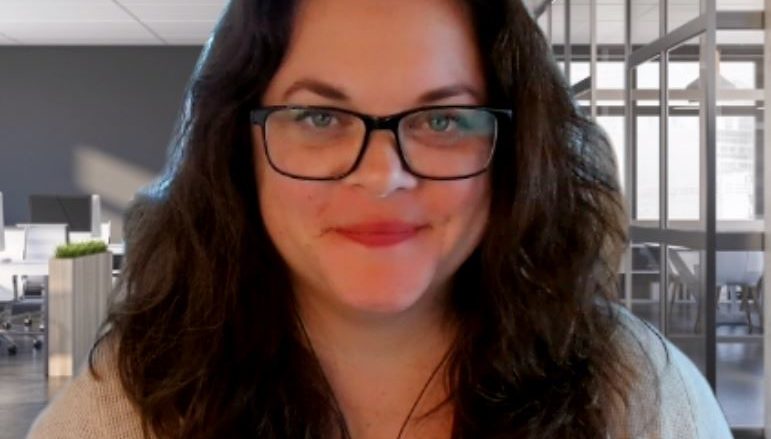
1. Why do students only get six counseling sessions per semester? Is that something the counseling department is working to change?
This was in place before my time, so I can’t completely tell you the history behind the policy. As I learn the community standards amongst colleges in our area, a limited amount of sessions (6-8) has been common due to limited resources. As a department we are working to update our clinical standards of treatment, which includes becoming more proficient on brief-therapy models so we are more effective in a fewer number of sessions. However, we are aware that limiting to six sessions can put undue stress on both the students and clinicians, and can increase barriers to treatment. I am working with our departments and my upline leadership to workshop a number of ideas for a new model that won’t be as limited in this way. There’s more to come!
2. What efforts are being made to ensure that marginalized and underrepresented student populations receive equitable access to mental health resources and support on campus?
This has to be a multi-pronged approach. If we as a department rely too heavily on one type of therapy, one type of communication, one type of service delivery, etc. we are missing populations that we have pledged to serve. This means that everything has to be looked at: current available data, methods of data gathering, methods of outreach, relationships with student organizations, relationships with staff and faculty, and so on. Even the screenings and tools we use within therapy have to be reviewed to reflect current clinical standards and to ensure they are normed for diverse populations. All of the above and more are currently being evaluated and proposed for adjustments.
3. How can/does the counseling center adapt its services to address the unique mental health needs of international students, considering cultural differences and potential language barriers?
This too has to be a multi-pronged approach! Everything I previously mentioned (methods of outreach, revision of our assessment tools, etc.) needs to be considered. While this must be considered for all populations, particularly for international students we need to consider cultural idioms of distress. What is defined in the Eurocentric western world as anxiety, depression or trauma is only one way of viewing mental health concerns. This is where we will work to utilize tools such as Cultural Formulation Interview (DSM-V TR). Additionally, we will need to continue to explore deficits in our service delivery, including options for adding translation services.
4. Could you elaborate on if there are strategies in place to identify and assist students who may be struggling with their mental health but are hesitant to seek help?
There are a few current strategies in place: weekly tabling by Health & Counseling with rotating topics and various psychoeducation and activities, increased presence on social media, updating of the website, and a system in place for administrators to share wellness concerns they may have regarding students. We also have policies and practices regarding the handling of emergent health crises. Plans in the works from Health & Counseling (in collaboration with other departments) include the revival of the Active Minds program, Green Dot program, developing a series of psychoeducation workshops for both students and staff regarding mental health and substance use issues, among others. Counseling is working on developing ways to engage students in “nontraditional” formats, i.e. offering counseling in multiple locations, and partnering with student organizations.
5. In what ways does the counseling center collaborate (or plan on collaborating) with academic departments and faculty to support students experiencing mental health difficulties while maintaining academic performance?
As I understand it there is currently a system in place for administrators to share wellness concerns they may have regarding students. Additionally, one of our goals is to develop and offer workshops for advisors, faculty groups, and those in Athletics & Wellness to provide psychoeducation and training on identification and handling of mental health concerns.
6. Are mental health services integrated into overall campus wellness and student development initiatives? If not, how can mental health services be better integrated into the overall campus wellness and student development initiatives, and what plans are in place to enhance this integration moving forward?
That’s definitely a focus of the Health & Counseling department, that is, the continued collaboration and expansion with Residence Life, Athletics & Wellness, advisors, and other aspects of student life. Counseling is piloting workshops and program development in coordination with Athletics and Wellness and with advisors, which we hope to be able to continue across departments.

